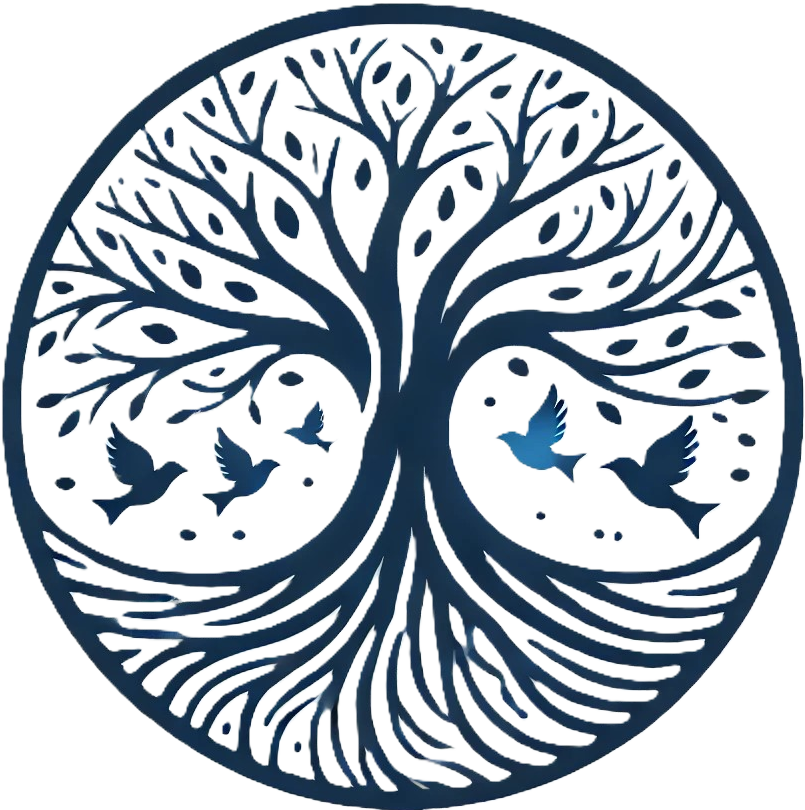Another technique designed for effectively reducing stress in everyday life is practicing mindfulness of the situation we are in. In 1979, Jon Kabat-Zinn developed mindfulness-based stress reduction, which is considered the original and most thorough mindfulness program. This program is research-based, but you don’t have to attend it, nor various mindfulness practice meetings (of course, you can if you want to); you can introduce mindfulness into your life on your own and gradually make your life less stressful.
In a way, mindfulness is about focusing on the exact moment, on the here and now, without thinking about what has happened or what is yet to come. Focusing on the present moment can help in controlling reactions to different stressors. As we already saw in the chapter on changing our thoughts, people can change the way they think. By training the mind and body, you can influence the quality of your life. Due to its flexibility, the brain will, over time, adopt new patterns of behaviour and thinking that will sooner or later affect a person’s health. Research has confirmed the multiple effects of mindfulness. By regulating attention, it not only influences one’s thoughts but also behaviour, experiences, perception of things, control of emotions and relationships, as well as the quality and length of life.
It is also believed that regular mindfulness practice improves concentration, working memory, calmness in stressful situations, and relationships with oneself and others. A study of 114 pieces of research on mindfulness reveals that it significantly reduces feelings of stress, anxiety, and depression, helps in overcoming certain physical pain, and reduces symptoms of irritable bowel syndrome, migraines, asthma, psoriasis, arthritis, fibromyalgia, and much more.
“Mindfulness—consciously stopping, slowing down, and focusing on the here and now—gives us back our own lives and their wholeness. It offers us a different way of being, far removed from today’s fast-paced life, superficiality, and transience. It opens our eyes to everything immediate and authentic, to contact with ourselves, others, and nature. All of the above is part of our fundamental emotional need because, above all, we are beings made for communal living. It offers stability and peace in today’s fast and competitive society. It brings clarity and well-being to this age of fear, anxiety, and distraction, alleviating suffering. It redraws compassion and wisdom on the map of a world that has gone mad.”
